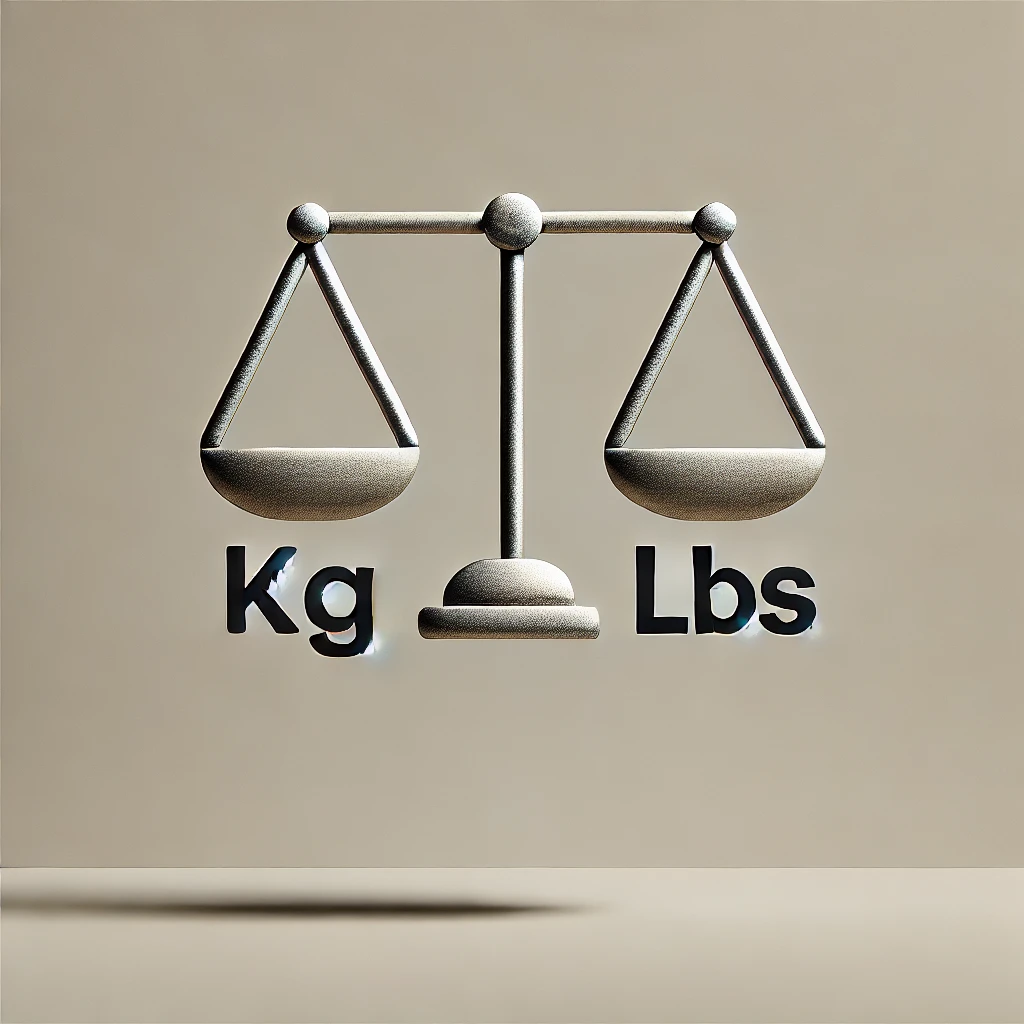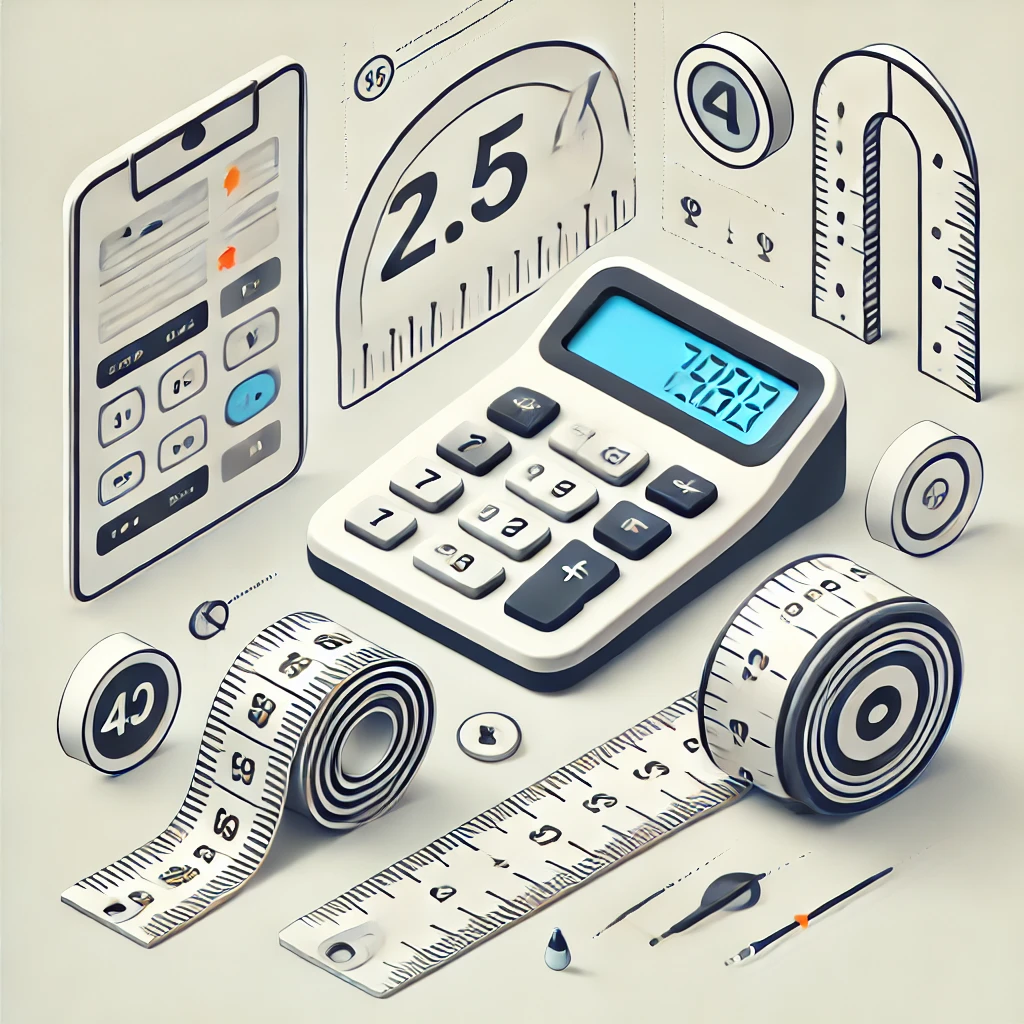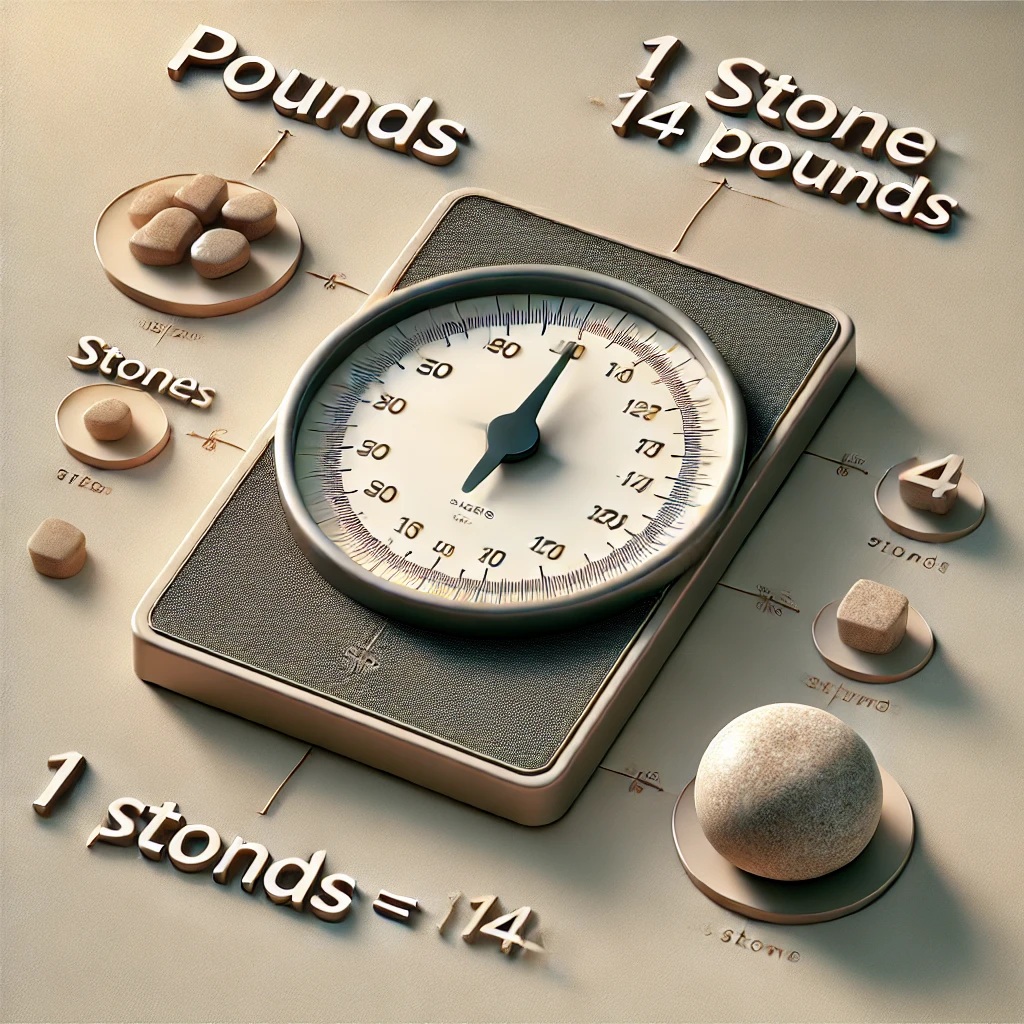
Instant kg to lbs Converter
Need to convert kilograms to pounds quickly? Use our simple and accurate kg to lbs calculator below. Just type in the value in kilograms and get the result in pounds instantly. It’s perfect for fitness tracking, cooking, travel, or scientific measurements!
Convert kg to lbs: The Expert’s Guide
If you need a fast and reliable kg to lbs conversion, you’re in the right place. This guide explains the units, gives the exact formula, and shows quick examples. In addition, you’ll find a short chart and FAQs, so you can convert with confidence in seconds.
Quick answer (TL;DR)
-
1 kilogram (kg) = 2.20462 pounds (lb).
-
Formula:
lb = kg × 2.20462 -
Example:
10 kg × 2.20462 = 22.0462 lb→ 22.05 lb (rounded)
How to convert kg to lbs (step by step)
First, take the value in kilograms. Then multiply by 2.20462. Finally, round to the number of decimals you need.
Examples
-
55 kg → 55 × 2.20462 = 121.254 lb → 121.25 lb
-
70 kg → 70 × 2.20462 = 154.3234 lb → 154.32 lb
-
100 kg → 100 × 2.20462 = 220.462 lb → 220.46 lb
Fast estimate: For a quick mental check, use kg × 2.2. After that, add about 0.2% of the kg value to refine the result.
What is a kilogram?
The kilogram is the SI base unit of mass. People use it worldwide for body weight, food, shipments, and lab work. Because of this global standard, medical and scientific records usually store mass in kilograms.
What is a pound?
The pound belongs to the Imperial/US customary system. It remains common in the United States and appears in some UK contexts. Therefore, if your audience expects pounds, converting from kilograms keeps your data easy to read.
The exact constant (and smart rounding)
-
Precise constant: 1 kg = 2.20462262185 lb.
-
For everyday tasks, 2.20462 is accurate and simple.
-
Rounding tips: use 1–2 decimals for fitness or nutrition. However, keep more decimals when clinical or scientific rules require it.
Why accuracy matters
Small errors can snowball. For fitness, precise numbers keep progress honest. In healthcare, dosages and device settings often depend on mass; consequently, accuracy protects patients. In science, consistent units prevent reporting mistakes. Moreover, shipping and logistics often price by weight, so correct conversion avoids rework and fees. Even in cooking, tight conversions help when you scale recipes.
Common kg → lb values (rounded to 2 decimals)
Use the list below for quick look-ups. Otherwise, apply the formula to any number you like.
-
1 kg → 2.20 lb
-
5 kg → 11.02 lb
-
10 kg → 22.05 lb
-
20 kg → 44.09 lb
-
30 kg → 66.14 lb
-
50 kg → 110.23 lb
-
70 kg → 154.32 lb
-
80 kg → 176.37 lb
-
100 kg → 220.46 lb
For quick look-ups, the table below lists every whole kilogram from 1 to 100 with two-decimal rounding. If you need another value, simply multiply by 2.20462 and round as required.
Reverse conversion: lbs to kg
Sometimes you need to go the other way. In that case, multiply pounds by 0.45359237.
-
Formula:
kg = lb × 0.45359237 -
150 lb → 68.04 kg
-
200 lb → 90.72 kg
Common mistakes (and how to avoid them)
-
Using 2.2 for everything: it’s fine for a quick estimate; however, switch to 2.20462 for final numbers.
-
Rounding too early: calculate first, round last. Otherwise, errors add up.
-
Mixing lb and lbm: in everyday contexts they mean the same; still, labs may distinguish them.
-
Forgetting context: choose decimals based on the task. For example, a recipe needs fewer decimals than a medical chart.
FAQs
How many pounds is 1 kg?
1 kg = 2.20462 lb.
Is 2.2 close enough?
Usually, yes. Nevertheless, use 2.20462 when precision matters.
What is 70 kg in pounds?
≈ 154.32 lb.
What’s the fastest method?
Multiply by 2.20462. Alternatively, estimate with ×2.2, then adjust.
Popular weight converters


